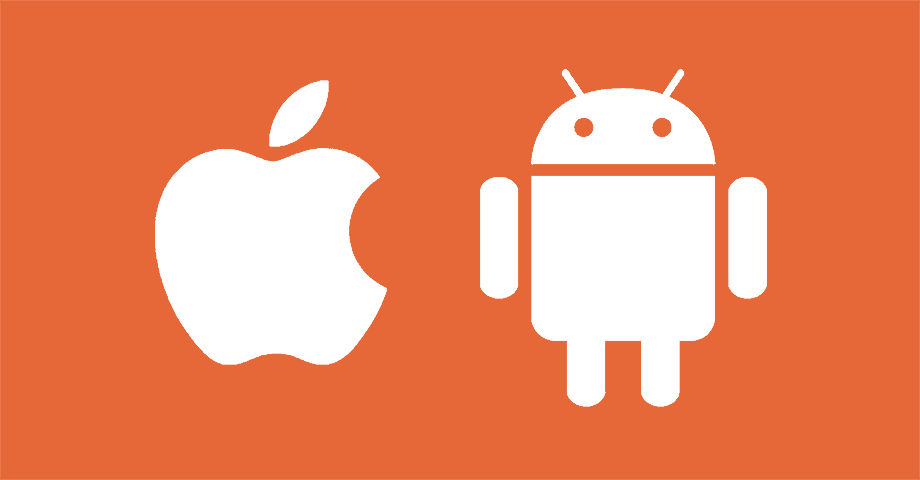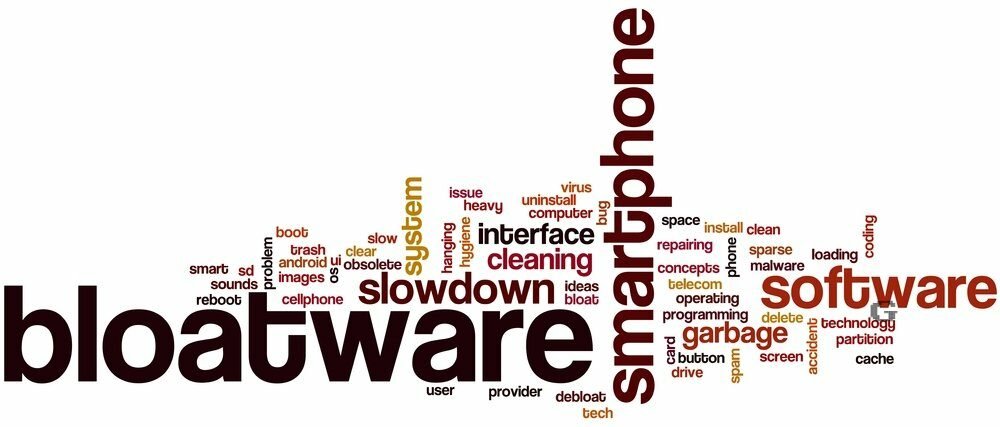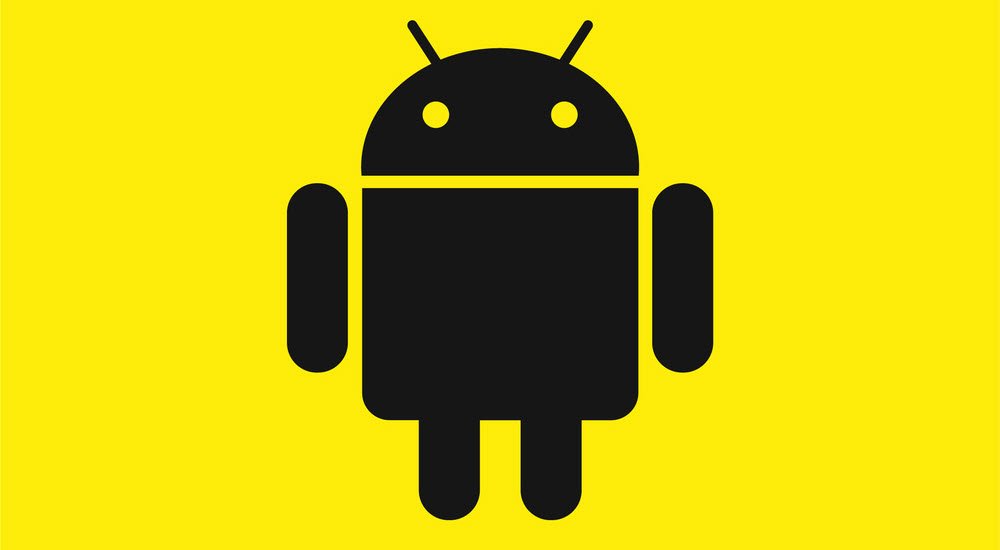Which functional mobile Which phone has the most bloatware? Android or iPhone?

Bloatware are essentially unnecessary applications that come pre-installed on the mobile phone or are installed against your will after an upgrade.
As a term it is usually synonymous with Android devices (but also on Windows). But if you think iPhones are the good guys, you're kidding.
Although sometimes the boundaries for whether some are indiscernible application bloatware or not, surely in every mobile there are many pre-installed applications that could be called bloatware. This begs the question: does an iPhone or an Android have the most bloatware?
What is Bloatware?

Your new smartphone comes with many pre-installed apps and services. However, not all of them should be called bloatware. Some are utilities like the clock, contact list, and compass, and others you may need in daily use.
Bloatware are non-daily applications that send spam notifications, silently steal your data, or run pointlessly in the background consuming valuable resources. These apps do more harm than good.
For example, your network carrier must have installed its own app on your phone when you plugged the sim into it. It cannot be deleted unless you remove the sim card first.
Some bloatware can be uninstalled or disabled to make it less annoying, but not all. Some take various permission rights by themselves and do not allow you to remove them.
Bloatware on Android devices

Android device manufacturers usually work with various Companies or developers and pre-install specific apps and games on their devices.
For example, the Facebook app is preloaded on most Android phones because Meta has partnered with manufacturers. Worse, in most cases, you can only disable such apps and do not have the right to uninstall them permanently.
Likewise, various Google apps and services are also pre-installed on Android devices as the company uses its platform to promote its other products and services.
The number of pre-installed apps or bloatware on an Android device varies by manufacturer. In some countries too, like the US, whether you buy a phone from your carrier, unlocked or locked, matters. Smartphones from Chinese manufacturers are notorious for shipping with many third-party apps and games, which can be classified as bloatware.
These were usually either running in the background and sending you spam and notifications, or promoting a third-party service. You can uninstall or disable some pre-installed Android apps, but not all.
Bloatware on iPhone

An iPhone comes with almost 50 pre-installed apps. However, not all of them can be called bloatware, despite the fact that some apps are there to promote Apple services, such as Podcasts, Maps and the iTunes Store.
Unlike Android, preloaded iOS apps rarely send spam notifications. Additionally, you won't find any third-party apps or games pre-installed on the iPhone. So they probably shouldn't be classified as bloatware.
Yes, an iPhone comes with a lot of pre-installed apps, but if you don't open or use them, they just sit there. They don't run in the background to steal your data or send spam notifications.
Similar to Android, iPhone can also uninstall some pre-installed apps. However, this will not free up space on the device. So, for example, you can uninstall the Apple Maps, Tips and Stocks apps from your iPhone if you don't use them, but you won't free up space.
In conclusion
While both iOS and Android devices come with many pre-installed apps, there is a big difference in behavior between them.
Very few pre-installed iPhone apps can be called bloatware, but the same is not true for Android devices. Apple also doesn't pre-install third-party apps on its devices, a practice that is rampant in the Android world.
Of course, neither of the two major functions is close to the absolute. Ideally, your phone should allow you on initial startup to decide which apps you want installed on YOUR phone and which you don't.





